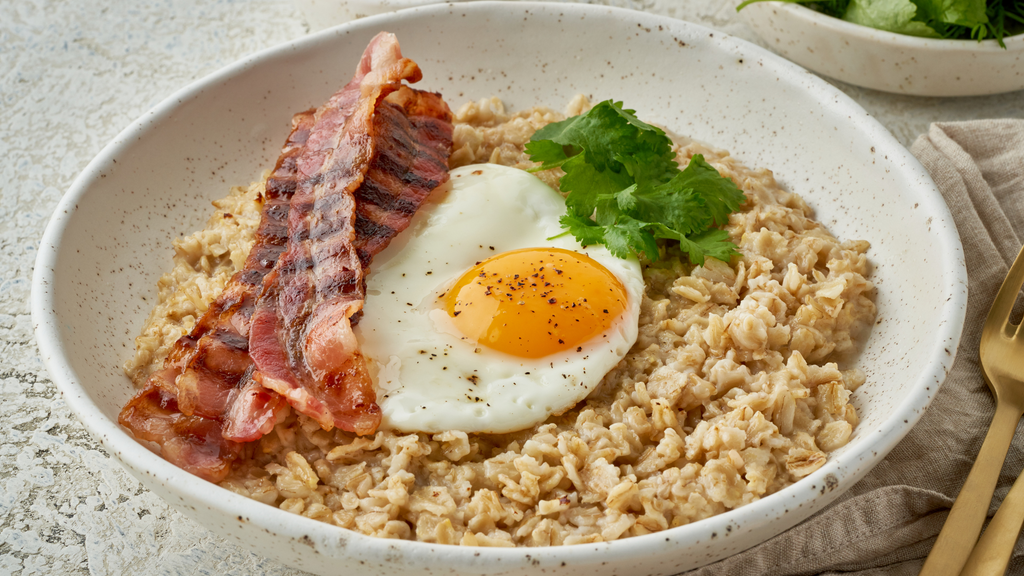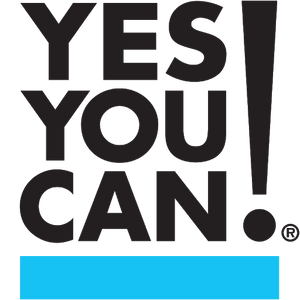The choice of foods we consume after exercising can have consequences on the results we obtain. Find out what to eat after exercising to enhance its effects.

When embarking on a healthy lifestyle program, we often face two fundamental lifestyle changes: physical activity and diet. Each individually represents a challenge and has specific goals to lead us to the desired outcome: weight loss, improved health, or shaping our bodies. Additionally, you should know that the interaction between these two elements also plays a crucial role in the success of any program.
In this article, we provide you with all the information you need to know what to eat after an intense workout. Consuming the right foods — at the right time — will help you recover faster, build more muscle, and avoid fatigue. Keep reading to start eating smarter and more efficiently.
Why Should I Eat After Exercising?
Various reactions occur in our bodies when we exercise at a certain intensity. On the positive side, blood flow increases, hormones begin to convert fat into glucose, and the brain produces serotonin and dopamine — neurotransmitters responsible for energy levels and positive emotions such as calmness and euphoria. On the other hand, lactic acid is also generated, which, in excess, causes fatigue and prevents muscles from contracting.
More importantly, what happens after exercise is crucial since the body continues to move after finishing an intense exercise routine, repairing and replenishing from the effort. The same goes for the “damage” inflicted on the muscles - hence why muscle soreness often appears the day after exercising. Since many of the consequences of exercise happen after it is done, what we eat at that moment will be crucial to enhance its positive effects and diminish the negative ones.
Foods to Recover Energy After Exercise
One process that occurs after exercising is that the body begins to rebuild and replenish its protein and glycogen levels — a carbohydrate used as an energy source. Consuming certain foods after exercise can help your body do this more quickly. The three types of macronutrients you should include in your post-exercise meals are the following:
- Proteins
- Carbohydrates
- Fats
Remember that, in addition to incorporating these types of foods into your diet, it is essential to maintain sufficient water intake to stay hydrated before, during, and after exercise.
Best High Protein Foods After Workout
Fortunately, high-protein foods are very diverse, allowing you to create appealing dishes to eat after exercise without feeling like you are sacrificing taste and enjoyment. Among the foods you can consume are:
- Protein powder
- Greek yogurt
- Cottage cheese
- Salmon
- Tuna
- Egg
Benefits of Proteins
Protein is one of the most widely used macronutrients in the fitness world. It is found in the majority of sports supplements. The two main benefits of consuming protein after exercise are:
- They help rebuild muscle tissue.
- They provide the necessary amino acids to repair and rebuild lost proteins.
If your goal is muscle building, you should absolutely include some high-protein foods in your diet. Below are some Yes You Can! supplement suggestions that will be your ideal allies.
Yes You Can! Protein Bars
Yes You Can! protein bars are snacks with 10g of protein per serving, free of peanuts, soy, milk, and gluten, making them suitable for everyone. They come in a box of seven bars and delicious flavors like cookies and cream or churros. They are an ideal way to consume the protein you need after exercising.
In addition, some studies from The National Library of Medicine have shown that consuming between 20 and 40 grams of protein maximizes the body’s ability to recover after an intense exercise routine. So, don't let fatigue defeat you with Yes You Can! bars.
Yes You Can! Protein Shake
Another option to keep your protein levels just right is the Yes You Can! protein shake. With 15g of protein per serving, our vanilla-flavored powder is perfect for making a delicious drink to consume right after exercise. In addition to its protein content, it will also help control appetite between meals and maintain lean muscle mass. All with only 100 daily calories!
Best Carbs Foods After Workout
In addition to choosing the type of macronutrient to eat after exercising, it is also advisable to select easily digestible foods. Not all carbohydrates are suitable for a strict diet aimed at helping us reduce weight and achieve our ideal body. And, of course, it is essential to avoid foods with added sugar. Some carbohydrates that meet these criteria include the following foods:
- Rice cakes
- Potatoes
- Whole grain bread
- Quinoa
- Fruits
Benefits of Carbohydrates
As we mentioned before, the body uses glycogen as fuel during exercise. To recover it and prevent our body from feeling fatigued, carbohydrates are our best friends, as they help:
- Promote the creation of insulin that promotes glycogen synthesis
- Control blood sugar levels
- Promote muscle recovery
- Reduce cortisol (the stress hormone)
Best Fats Foods After Workout
Of course, when we talk about consuming fats after exercise, you know we’re not referring to saturated fats present in junk food. The type of fat you should consume after exercising comes from foods like:
- Avocado
- Nuts
- Seeds
- Dried fruit
- Peanuts
Benefits of Fats
Although evidence and opinions regarding fat consumption are diverse, and there is no total consensus among experts, it is true that there are indications that consuming fats, such as whole milk instead of low-fat milk, after exercise is more effective for muscle growth.
Best Times to Eat After Exercise
Experts generally recommend eating within the first 45 minutes after your exercise routine. However, each macronutrient has specific guidelines that help its better utilization:
- For protein consumption, it is recommended to be distributed throughout the day, with consumption every three or four hours, so after your routine can be the starting point for planning the rest of your protein snacks.
- For carbohydrates, it is recommended to consume 0.20 grams of carbohydrates per pound of weight during each recovery hour.
Boost the Effects of Your Training with Yes You Can!
Now that you know what to eat after a workout, explore the Yes You Can! online store and find the ideal product to help you get the most out of your exercise routines. We are with you on your journey to a healthier lifestyle—let’s go!













